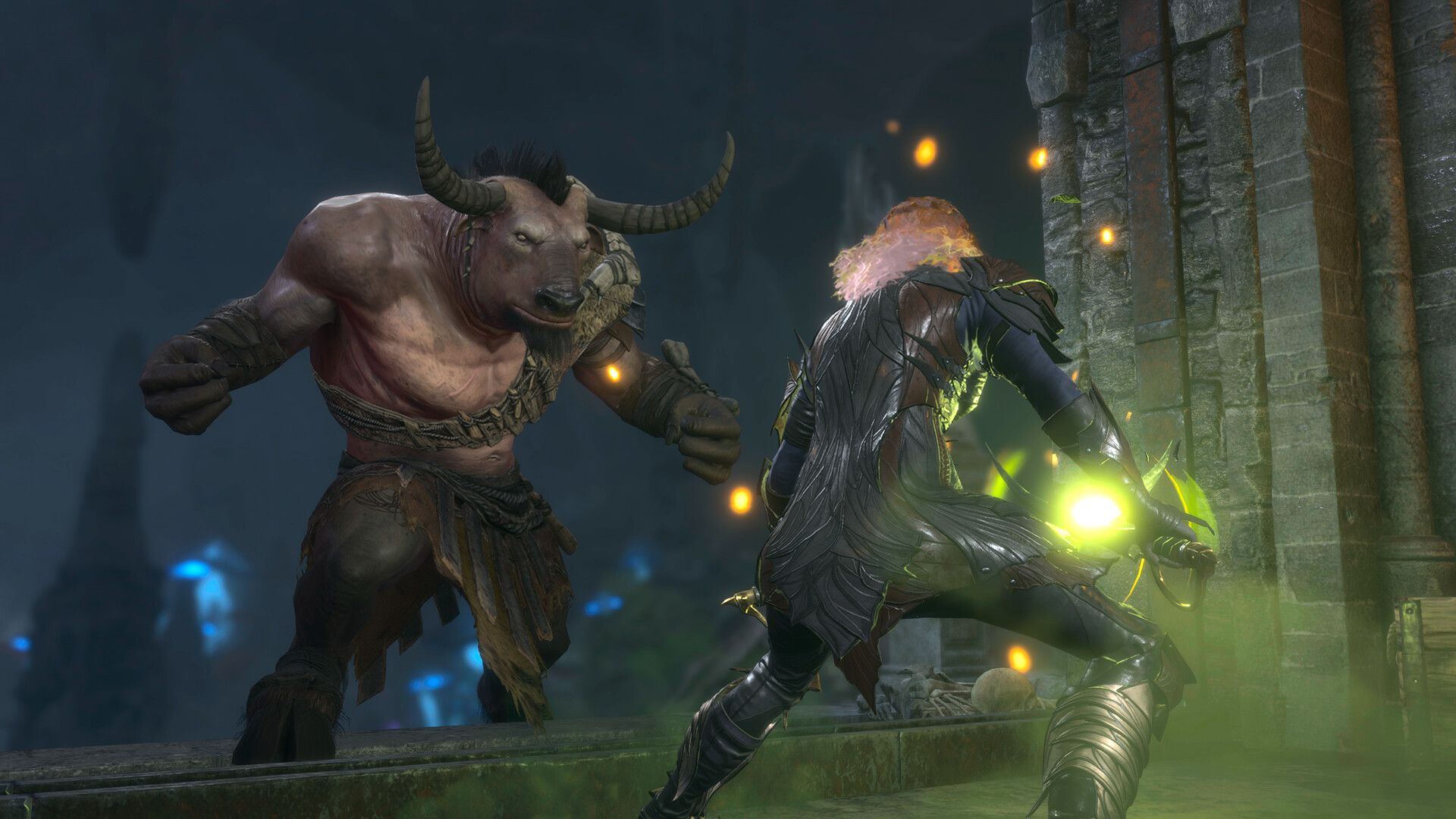
Baldur's Gate 3 just hit half a million concurrent players, and is already on track to challenge mega-franchise Harry Potter's Hogwarts Legacy for this year's Steam sales crown.
Larian Studios has already solidified its name as a legendary RPG house, owing to Divinity Original Sin and its much-lauded sequel. Baldur's Gate 3 seems to be hitting on another level, though, all while making a mockery of industry trends.
While old-school tactics franchises like XCOM vanish from purview, series like Final Fantasy drop turn-based gameplay altogether chasing broader audiences, and classic names like Diablo go always-online rammed with in-app purchases — Larian said no.
Our review is still in progress for Baldur's Gate 3, but you should know that already a few hours in, it's quite clear that this is a masterpiece title, and clearly is clear game of the year material in what is proving to be an incredibly competitive season. I suspect Baldur's Gate 3 will grace many a' best PC game and best Xbox game lists (when Baldur's Gate 3 finally launches on Xbox later on), but it's already making huge waves.
Well it’s official! #BaldursGate3 just hit half a million concurrent players on Steam! I’m predicting it to reach a million either this Saturday or Sunday. BG3 is pulling absolutely insane numbers! 🤯 pic.twitter.com/8Yaf7oPnSIAugust 4, 2023
Baldur's Gate is an established franchise for sure, but it has been dormant for over 20 years effectively. The studios that made the franchise what it is no longer exist in name, and many of those players are completely new to the series (myself included). It's also a turn-based RPG that follows cRPG traditions carried forward by a shrinking number of studios who seem to have convinced themselves in various ways that players don't want this kind of game. Baldur's Gate 3 clearly, loudly, and sharply has defied these expectations.
Treating your audience like adults
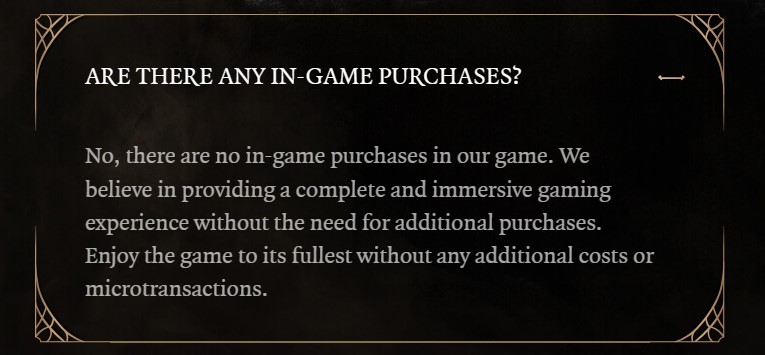
How has Larian been able to achieve this? Forget for a moment that the game is just insanely good, with great writing, endless Dungeons & Dragons-inspired depth, and quite polished, optimized PC performance. Consider how Larian built the game, and that is with the game's fans.
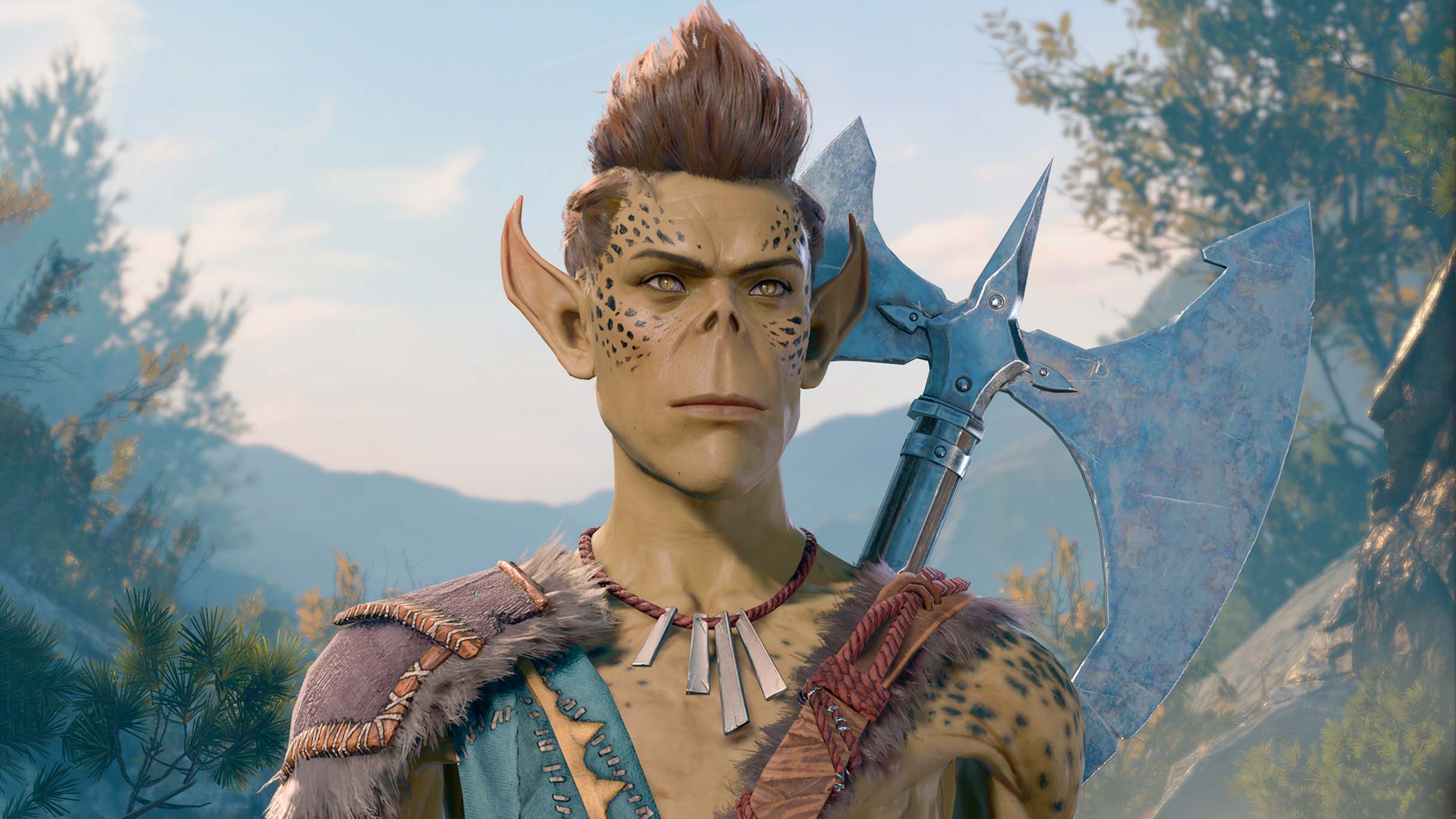
- Baldur's Gate 3 class tier list
- BG3: Best Wizard subclass
- Baldur's Gate 3 races
- Baldur's Gate 3 system requirements
- Can I play BG3 on Steam Deck?
Unlike a lot of modern games, Larian dared to build the game in early access, with the franchise's long-established community. There are tireless examples, but as a recent one: Diablo 4 has been criticized heavily recently for launching its first season almost entirely without user input, resulting in a heady backlash that has seen the player base fall off. Blizzard rushed out Diablo 4's first season without so much as a public test realm, side-stepping its own previously-established conventions. Whatever the reason, it's easy for cynics (like myself) to assume cost-cutting and profit chasing is to blame. Getting Diablo 4's battle pass into circulation seemed more important to Blizzard and its shareholders than actually making sure it was, well, ready. I've found myself feeling soured on the experience and ultimately dropped Diablo 4 altogether.
I don't feel like faux-urgency FOMO-inducing time-limited battle passes respect my incredibly limited free time, particularly if they're so light on actual content as is the case with Diablo 4, Overwatch 2, and other recent battle passes I've explored.
Baldur's Gate 3 came at exactly the right time, to that end, and the differences in the business model are stark.
Can Baldur's Gate 3 influence positive industry change?
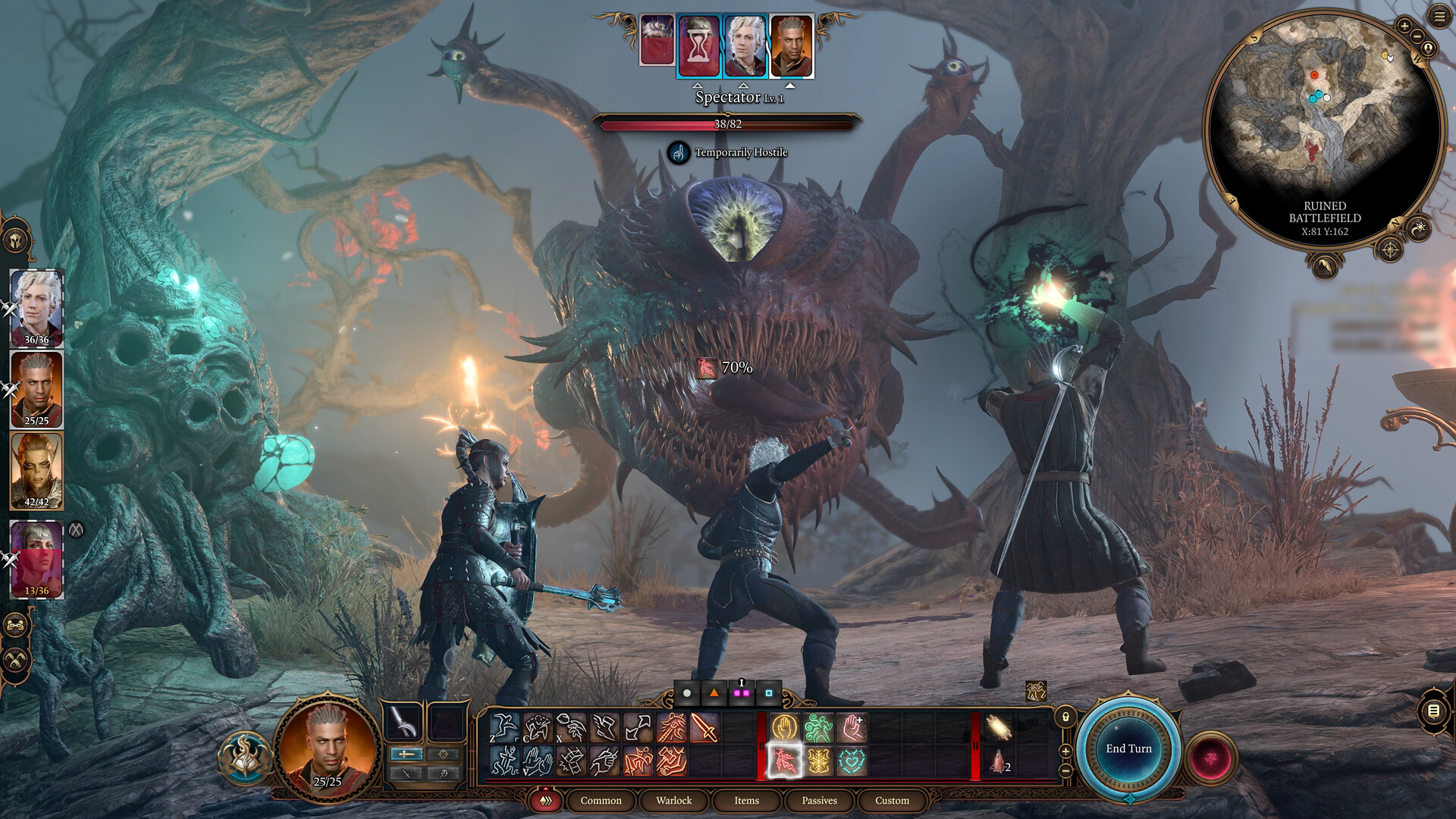
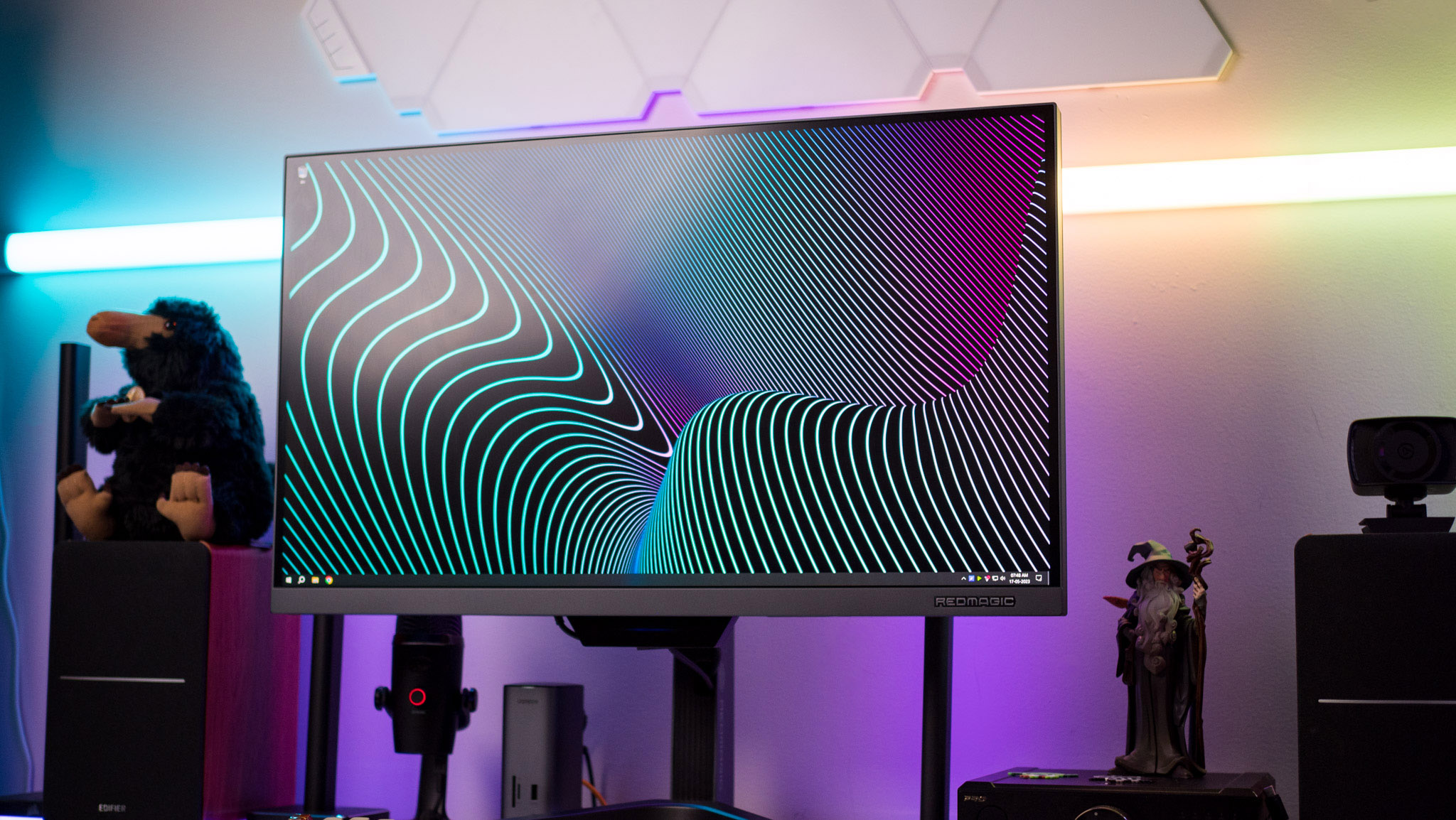
- 7 common mistakes PC gamers make
- Can I play Starfield on ROG Ally?
- Best gaming headsets
- Best gaming monitors
- Best PC games of all time
The past few years has seen the industry tie itself in knots chasing the next big thing. Games like Fortnite, Genshin Impact, and other service-type games have publishers rubbing their hands together greedily exploring how they can debase their existing franchises and their fans to side-step into these lucrative trends.
I get it, it's a business at the end of the day, and CEOs and hedge funds have yachts they need to finance. But the execution on some of these trends has been piss poor. Just this week, in an interview, EA blamed Battlefield players for the utter failure of Battlefield 2042, stating that players didn't "understand" its specialist system — a change the firm only made as an excuse to sell character skins. For years, Battlefield operated on a class-oriented system, with EA trying to inject hero-shooter mechanics into a franchise that had become the more "serious" counterpoint to Call of Duty in recent years. Instead of doubling down on what made Battlefield special, EA sacrificed what it had to try and chase some of its more flowery competitors — and failed. And now Battlefield is likely going to end up a dead franchise as a result.
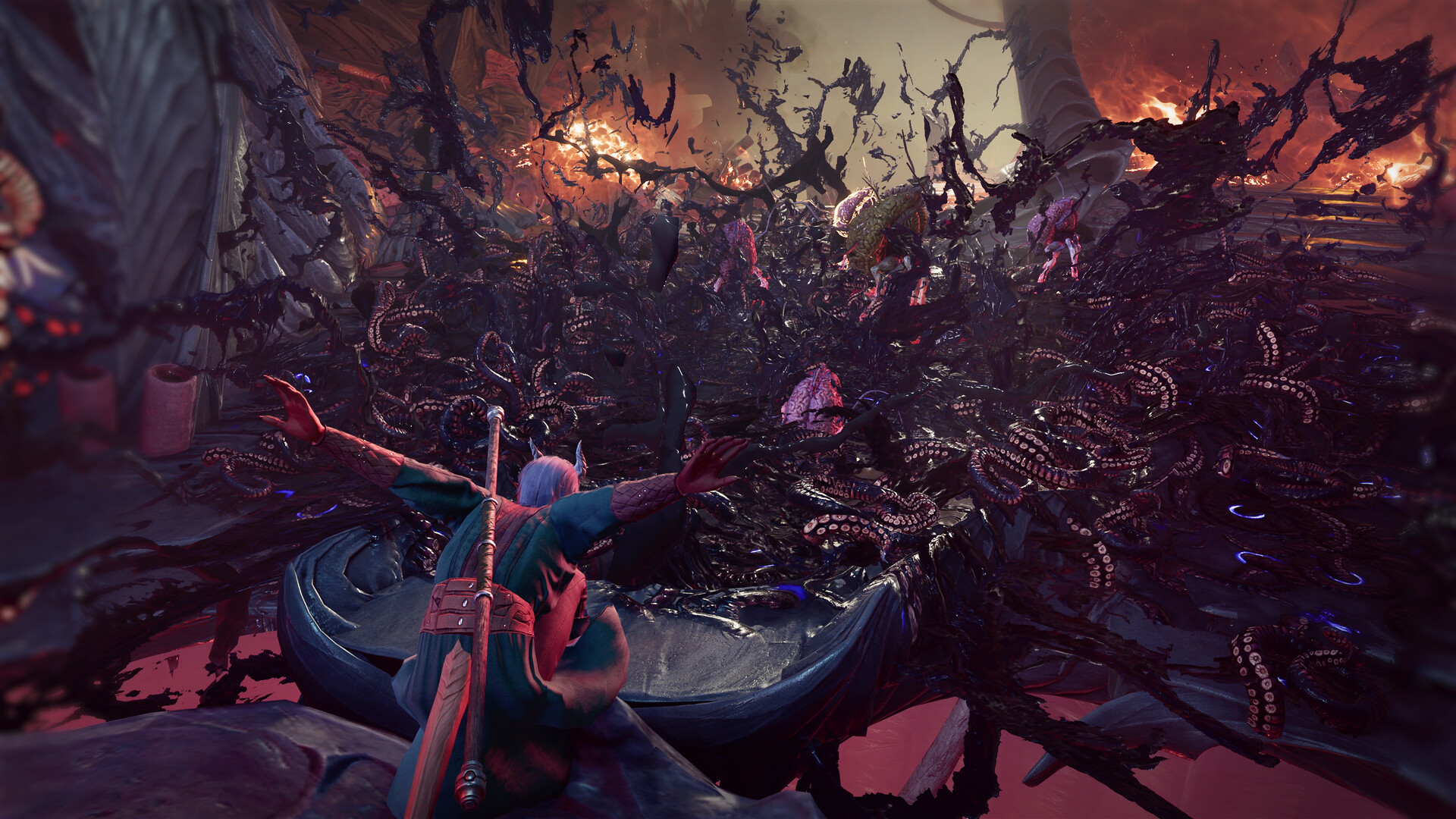
As such, I'm similarly nervous for Dragon Age 4, which according to leaks, has dropped tactical play in favor of chasing more action-oriented combat, doubtless with trend-chasing in mind. Instead, it's Baldur's Gate 3 that feels like the sequel to Dragon Age: Origins that I never really got. Perhaps Dragon Age 4's pivot to action gameplay will be great, but EA's track record in this area isn't exactly so hot. EA's forced attempts to bake in microtransactions and co-op into Dead Space 3 led to the studio responsible for it to close down. EA wasn't shy to revive the bones of the game for a remake several years later, though. Perhaps they would've made more money if they didn't kill the franchise. Lest we forget the "Destiny-killer" Anthem?
And sure — it's not like we've never seen franchises adopt new paradigms successfully. In a rare win for EA in this area, Titanfall into Apex Legends made a ton of money (I almost wish it hadn't, though, Titanfall was great.) Capcom's Resident Evil pivot to first-person reinvigorated the franchise a ton with Resident Evil 7 and Resident Evil 8. They did it while keeping fans of the classic games satisfied, though, with absolute masterpiece remasters with Resident Evil 2 and 4. It's all about execution, though. When done as the result of a data-analysis exercise rather than artistic passion, we get results like Halo Infinite's live service. Larian, and a handful of others, have shown that you can inject modernized features into classic formulas and have them still sell millions of copies.
Larian's respect for its audience, the relentless pursuit of quality over quarterly targets, and the rejection of trend-chasing in favor of elevating classic gameplay conventions are being rewarded by gamers in droves. Hopefully, other publishers sit up and take notice.







